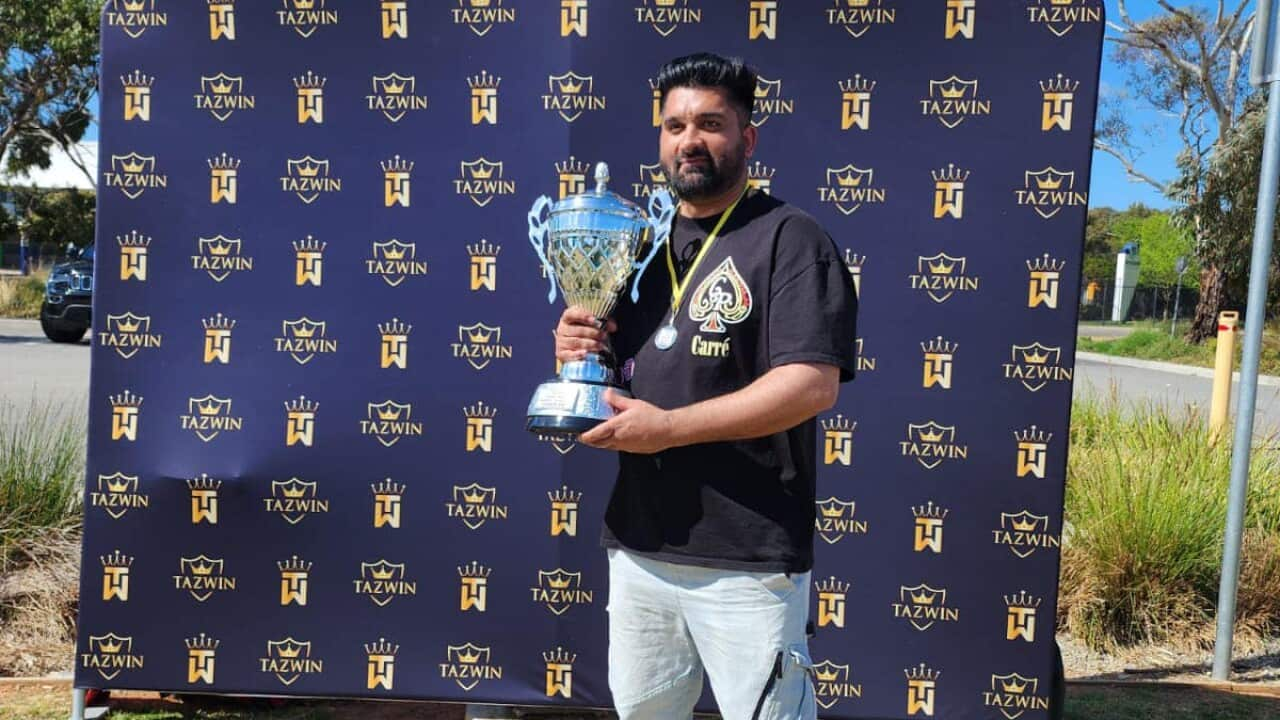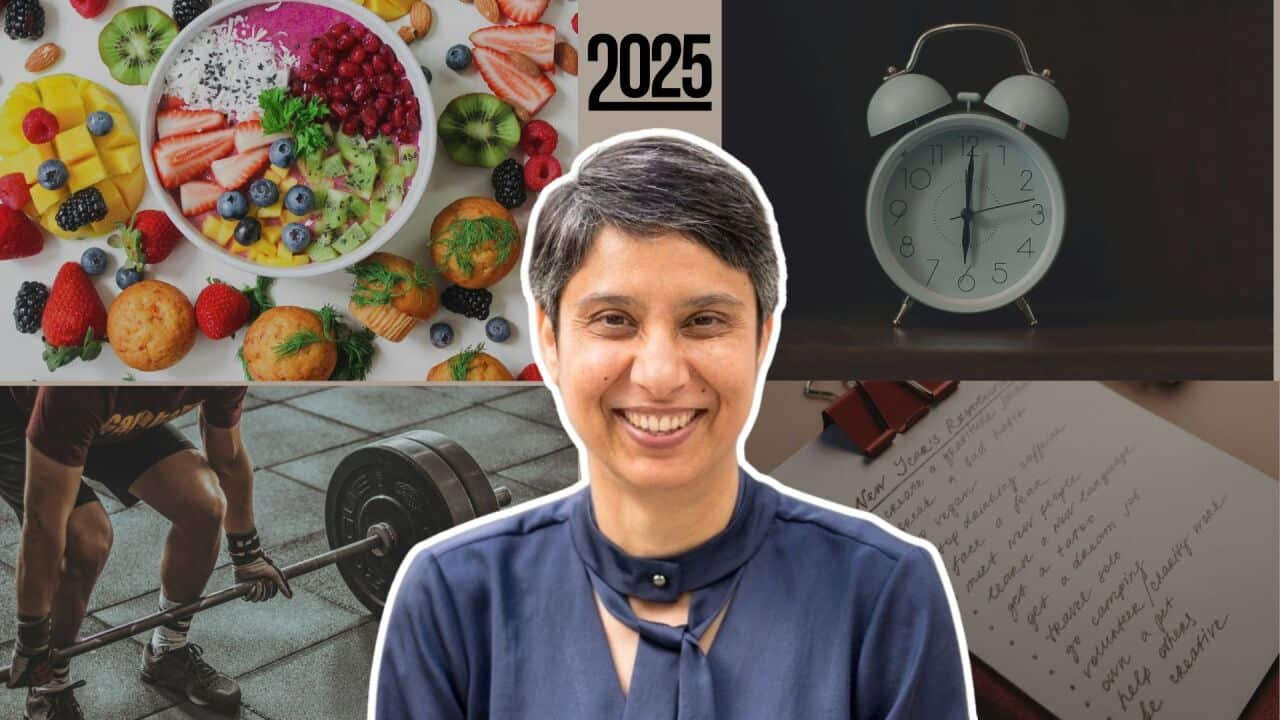Seventeen million Australians are enrolled to vote in the upcoming federal election.
In Australia, we have an independent body that manages the electoral system. The Australian Electoral Commission ensures that all eligible citizens have the chance to help shape our federal government.
The AEC runs thousands of polling places on election day. Schools and church halls are common venues.
Jess Lilley, a spokesperson for the AEC says that the information is available on the AEC website.
“You’ll be able to input your suburb and your postcode, and our tool will help you find who your candidates are as well as where you can actually cast your vote.”
Polling places offer instructions and assistance in multiple languages, says Evan Ekin-Smyth, Spokesperson for the AEC.
“You can get somebody to assist you to cast your vote. We have an interpreting service via telephone that you can access. If you think you’ll need to access these sorts of services, there’s a number on our website – aec.gov.au/translated. You call up that number and you’ll be able to ask questions and have somebody in language instruct you as to how to cast a formal vote.”
AEC mobile voting teams will visit people in residential care and remote communities to ensure that no one misses out.
Voters who can’t attend a polling place on election day can vote in other ways.
“If you have a barrier to voting on election day, there are early voting centres in the weeks leading up to polling day. And likewise, if you’re unable to get to an early voting centre, you can cast a postal vote as well.”
Click on the player above to listen to this information in Punjabi.




